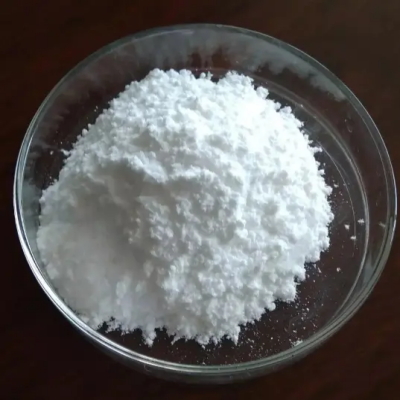Sulfathiazole (4-amino-N-(2-thiazolyl)benzenesulfonamide) CAS:72-14-0
Sulfathiazole is used in the treatment of bacterial infections, including urinary tract infections, respiratory tract infections, wound infections, and certain gastrointestinal infections. It is particularly effective against bacteria such as Streptococcus species, Staphylococcus aureus, and Escherichia coli. Sulfathiazole is typically administered orally in tablet form or as a topical ointment for localized skin infections. The dosage and duration of sulfathiazole therapy depend on the type and severity of the infection, as well as individual patient factors. Patients should adhere to the prescribed regimen to achieve optimal treatment outcomes and reduce the risk of antibiotic resistance. Potential side effects of sulfathiazole may include gastrointestinal disturbances, allergic reactions, and rare but serious adverse effects like Stevens-Johnson syndrome. Monitoring for adverse reactions during treatment and seeking medical attention if unusual symptoms occur are important precautions. Healthcare providers can offer guidance on managing side effects and ensure safe and effective use of sulfathiazole in bacterial infections.



| Composition | C9H9N3O2S2 |
| Assay | 99% |
| Appearance | white powder |
| CAS No. | 72-14-0 |
| Packing | Small and bulk |
| Shelf Life | 2 years |
| Storage | Store in cool and dry area |
| Certification | ISO. |









